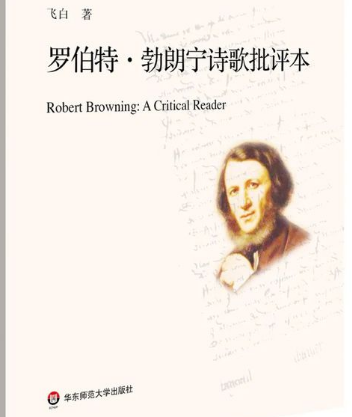In Chinese history, female rulers are rare, and Empress Xiao of the Liao Dynasty is undoubtedly one of the most notable figures among them. However, despite her immense political influence and actual power, Empress Xiao never formally declared herself emperor. The reasons behind this choice are worth delving into.

Empress Xiao, whose name was Xiao Chuo, was a renowned female political figure in the Liao Dynasty. After the death of her husband, Emperor Jingzong of Liao, she ruled as the Empress Dowager regent and essentially held the reins of power in the Liao Dynasty. Under her reign, the country enjoyed stability, socio-economic development, and cultural and artistic prosperity. Nevertheless, despite her recognized governance abilities, she did not proclaim herself emperor and establish her own dynasty, as Empress Wu Zetian did.
The primary reason lies in the constraints of traditional notions. In feudal society, the ideology of male superiority and female inferiority was deeply ingrained. Although Empress Xiao possessed remarkable political talents and skills, the imperial throne was perceived as a symbol of masculinity, and a female emperor was considered unfitting with traditional ethics and rites. As a woman deeply influenced by Confucian culture, Empress Xiao might have feared that declaring herself emperor would face widespread opposition from society, thereby affecting the stability of the country.
Secondly, Empress Xiao's decision not to proclaim herself emperor may have been a consideration to uphold the legitimacy of the Liao royal family. Although she ruled as a regent with actual control of the government, she still governed in the name of her son, preserving the continuity of the royal bloodline. If she had declared herself emperor, it might have caused rifts within the royal family, potentially leading to internal turmoil in the court.
Lastly, Empress Xiao's political wisdom is reflected in her mastery of power. By assuming the role of regent, she effectively held all decision-making authority while avoiding becoming a target of criticism. During her reign, she implemented a series of measures to consolidate her power, such as promoting loyalists and weakening aristocratic forces, demonstrating her precise grasp of the political situation.
In conclusion, Empress Xiao's decision not to proclaim herself emperor was determined by the societal gender norms of the time, the need to uphold the legitimacy of the Liao royal family, and her personal political strategy. Her choice reflects the delicate position she faced as a female ruler in a male-dominated feudal society, and also showcases her remarkable political wisdom and governance abilities. Despite not having the formal title of emperor, Empress Xiao remains an indelible female figure in Chinese history.
Disclaimer: The above content is sourced from the internet and the copyright belongs to the original author. If there is any infringement of your original copyright, please inform us and we will delete the relevant content as soon as possible.
































